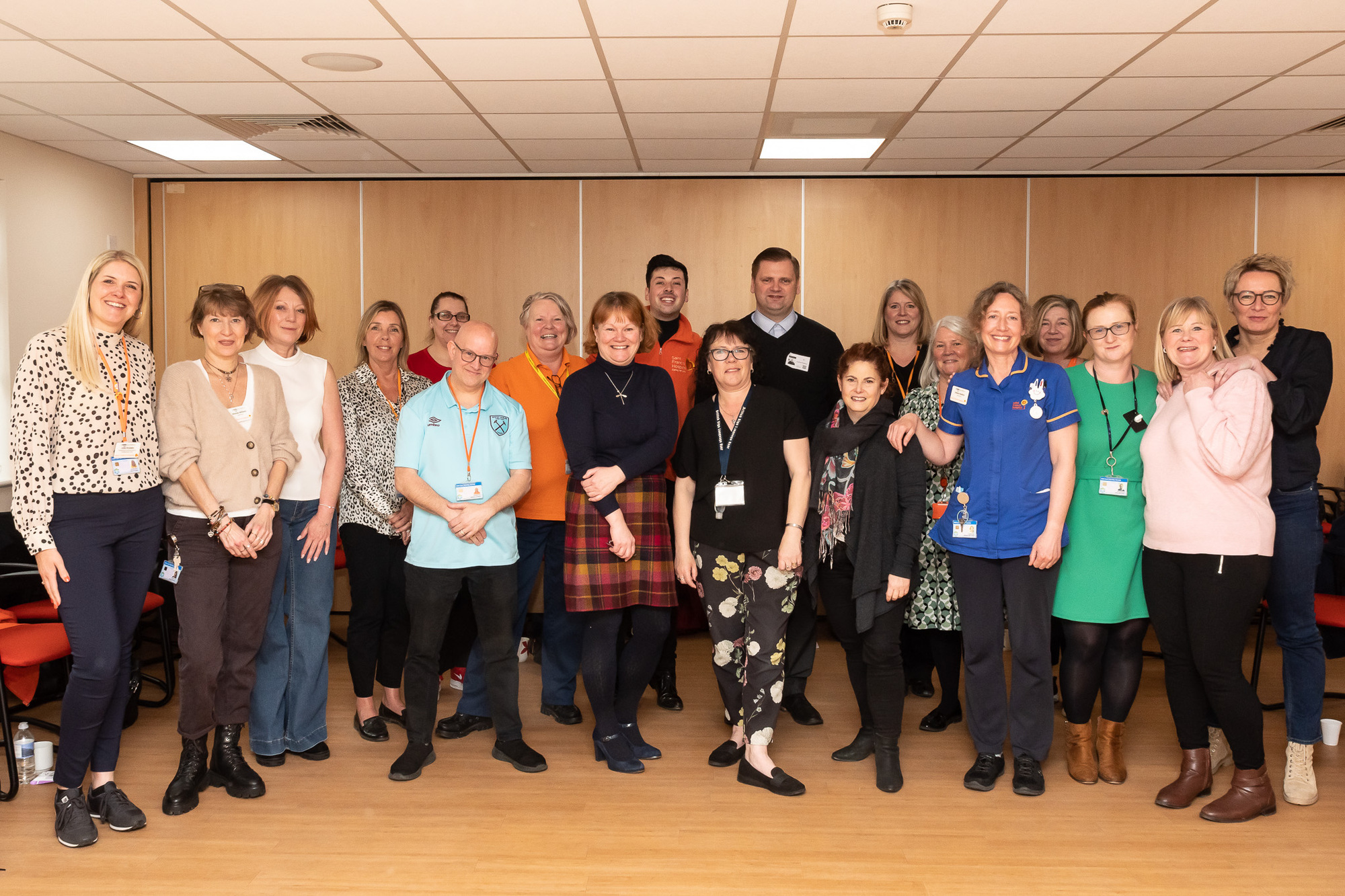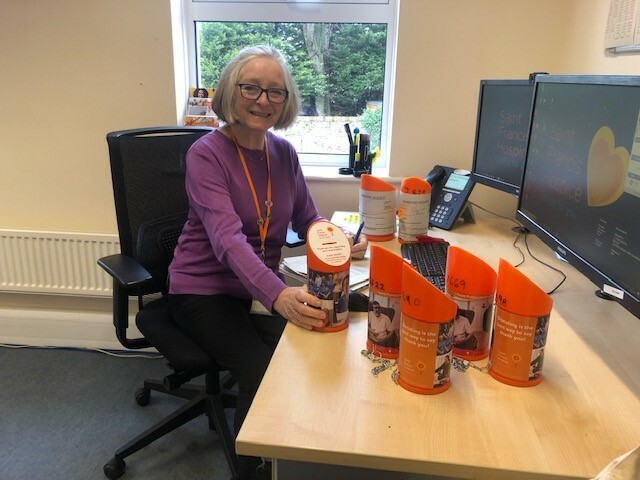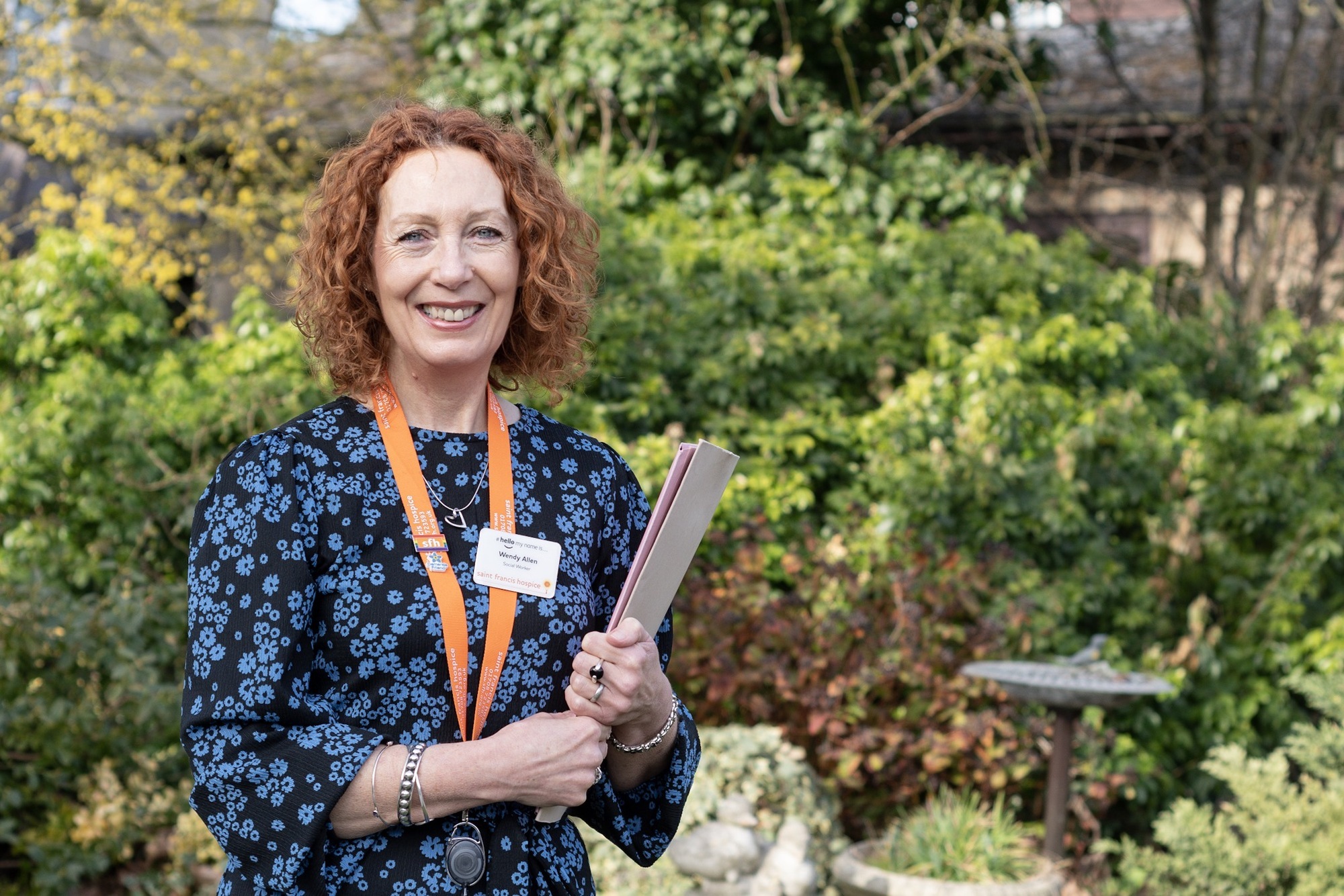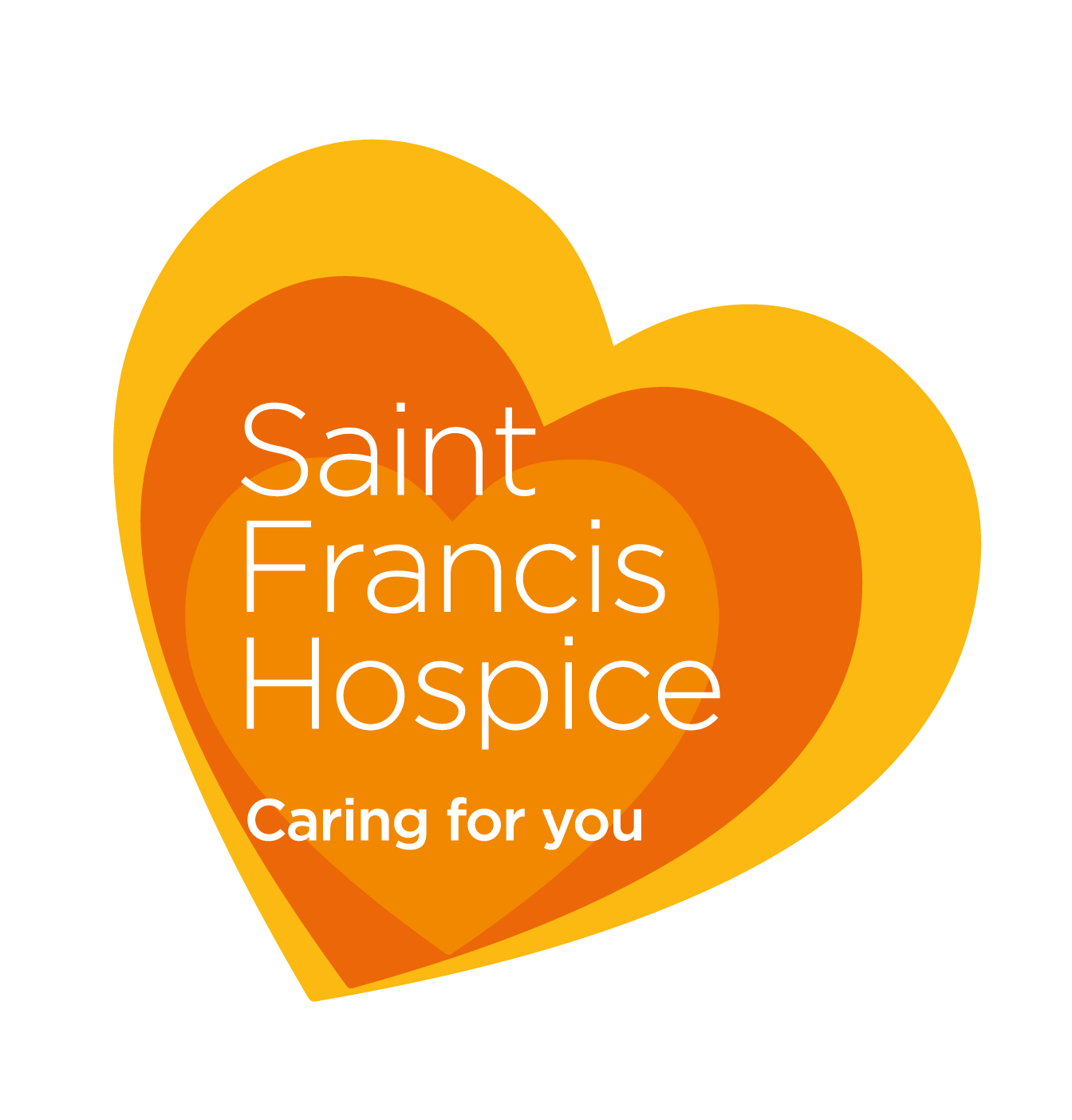"The pandemic has reinforced why I wanted to specialise in end of life care"
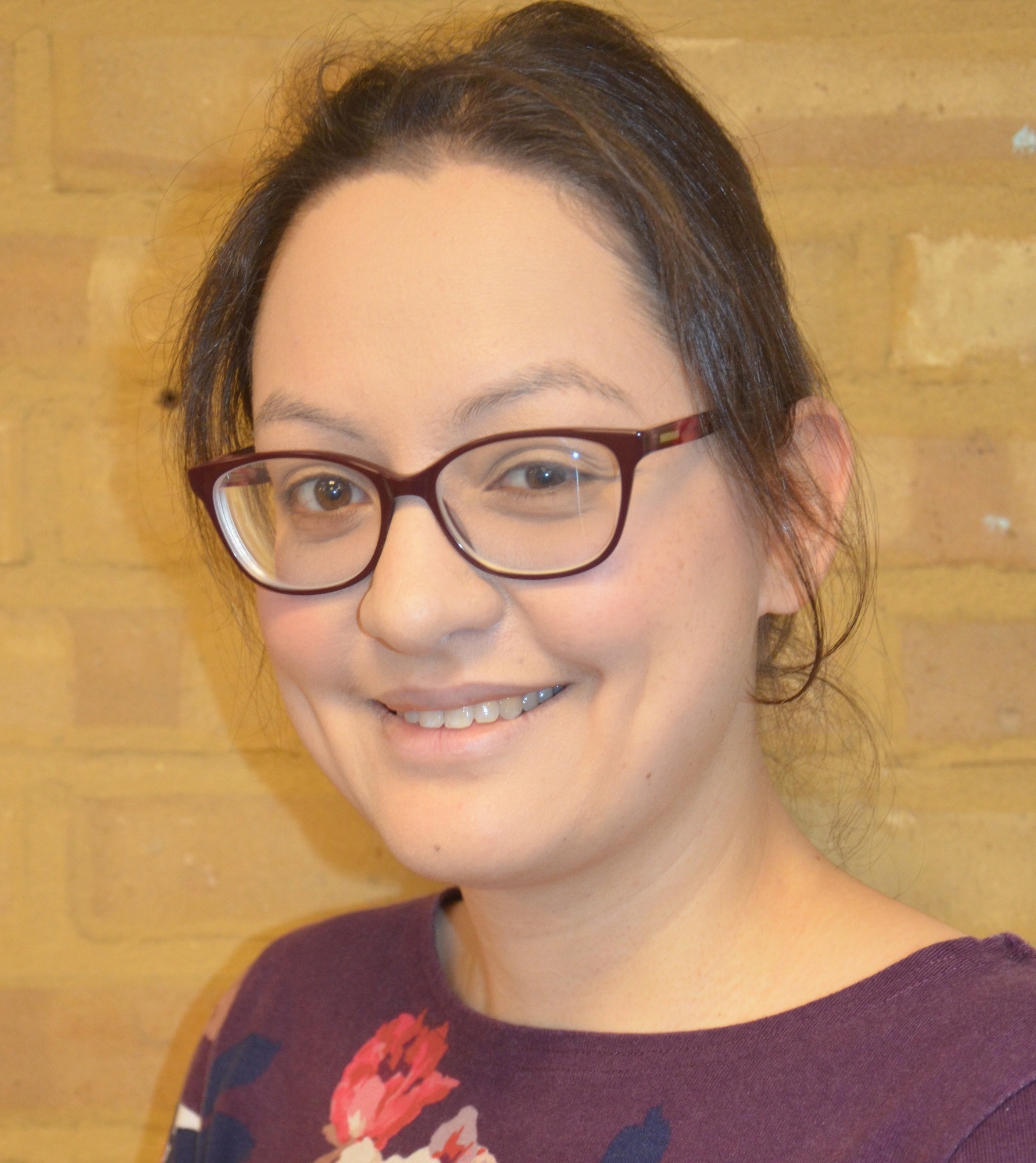
As part of that journey, I will need to work year-long placements at four medical service providers in Greater London during my foundation years. I've been with the Hospice since October, after some time at Royal London and St Bartholomew's Hospital. Pre-pandemic, I was caring for two types of patients living with life-limiting illnesses on the Hospice's ward.
One kind was the 33% who are well enough to go home again once we have their symptoms under control. The other admissions were patients who wish to spend their final moments on our Hospice's ward.
Since the outbreak of COVID-19, I was placed in the vulnerable category, which has significantly changed my role. Namely: I have to work from home. Initially, I was worried that I wouldn't be able to make a significant contribution compared to my colleagues on the frontline.
Yet, with most people we care for being out in the community, an opportunity appeared for me to work with our Specialist Community and Crisis Support team. They are a group of specialist nurses and doctors who provide end of life care to patients and support for their families.
I've been strengthening our relationships with nursing and care homes, undertaking telephone assessments for residents requiring end of life care. The homes' staff are doing their utmost while under incredible pressure, and I'm glad to be part of a team who can support them.
It's not ideal to have such delicate discussions on the phone, rather than in person, yet we've had to balance this with the risk of spreading the coronavirus. The disadvantages are that I can't quite provide care that is as personal or sensitive as I'm used to, when face-to-face with patients. Eye contact is missing, and so is the ability to take cues from patients. It's sometimes challenging to recognise when they need to pause for a moment.
I still have another two placements ahead of me. Yet, the coronavirus has reinforced why the holistic nature of palliative and end of life care prompted me to specialise in this area. I get to know about the whole person beyond their illness.
I also learn about what's important to them during treatment and that doesn't necessarily have to be medical. It could be which songs they want to soothe them when they are poorly, or an heirloom they want to pass down. It's a privilege to be there for people at that stage of their lives.
You can also help local people living with life-limiting illnesses get through the coronavirus pandemic for less than £3 per month. To find out more about how you can make a difference, please visit our Urgent Appeal.



